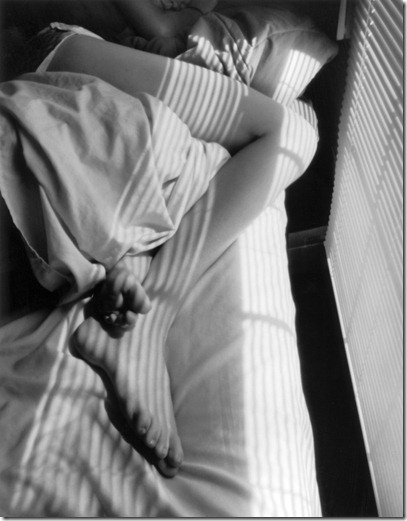
The former truck driver had been experiencing unexplained incidents for 20 years.
“I kept passing out,” the 64-year-old Williams said. “I’d feel like I was sweating to death and then it would come on fast. I’d go completely out. One time I fell nine feet out of my truck. Another time, they thought it was heat exhaustion. nobody really knew what was wrong.”
In April, Williams had a “silent heart attack.” he had also had strokes on both sides of his body — a rare occurrence. during his stay at Heart of Florida Regional Medical Center in Haines City, doctors found the arteries leading to his heart were partially clogged and inserted stents.
After examining Williams and learning about his strokes, interventional cardiologist Irfan Siddiqui, M.D., wanted to learn more about how Williams’ heart was functioning.
The doctor ordered an MRI, an ultrasound and a transesophageal echocardiogram (an ultrasound image obtained via the esophagus that provided a clearer image of Williams’ atria – the two upper chambers of the heart — and his heart valves).
Results indicated Williams had three holes between the two upper chambers of his heart, a defect since birth.
“Although ASDs are present from birth, there are usually no associated symptoms, and they can go undetected until adulthood. In some patients, the defect is discovered incidentally during a chest X-ray that reveals enlargement of the right side of the heart,” he said.
Siddiqui said that by age 50, a person with an ASD might start having symptoms such as shortness of breath, fainting, irregular heart rhythms or fatigue after mild activity or exercise, and ultimately they might suffer strokes and congestive heart failure.
Siddiqui has expertise in a breakthrough procedure now being performed at Heart of Florida. Called an atrial septal defect closure, the procedure helps patients like Williams avoid the need for open-heart surgery to repair ASDs.
“After reviewing his tests, I decided to perform the catheter-based minimally invasive ASD closure using a closure device called a Gore Helex,” Siddiqui said.
“I attached the device to a catheter, which was inserted into a vein in mr. Williams’ groin and then advanced it to his heart and through the defects,” he explained. “We can guide the catheter to exactly the right spot by using fluoroscopy and intracardiac echo. as the device was slowly pushed out of the catheter, it opened up to cover each edge of the defects, sealing them closed. over time, tissue will grow over the implant and it will become part of mr. Williams’ heart.
“Once we got in to mr. Williams’ heart, we were able to see there was also a small aneurysm (bulging or weakening of the wall of a blood vessel.) we were able to correct it, as well,” Siddiqui said.
Williams is on medication to avoid blood clots and sees his doctor every three months.
“I feel much more comfortable physically, he said. “I don’t have to worry about passing out anymore.
“I believe in guardian angels now,” he said.
The Heart of Florida Regional Medical Center Physician Referral Line can be reached at 863-419-2341. The hospital’s website is heartofflorida.com.